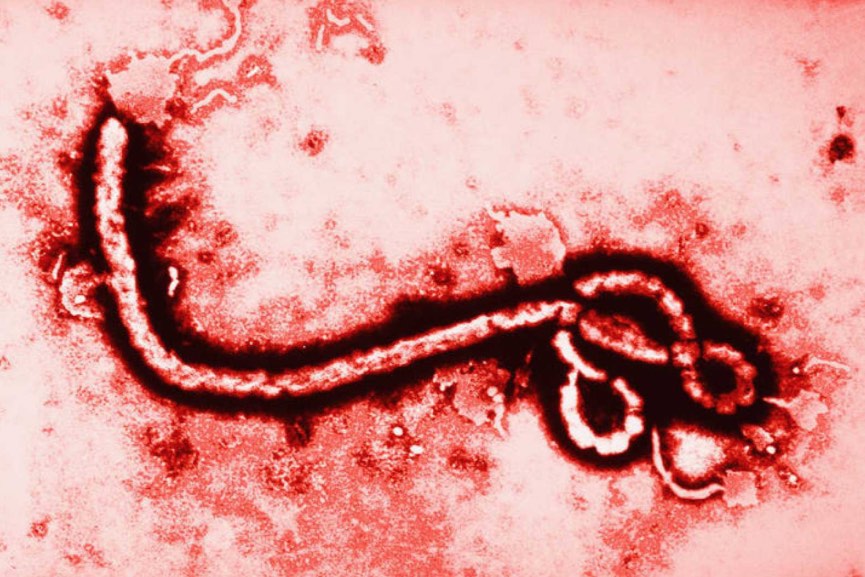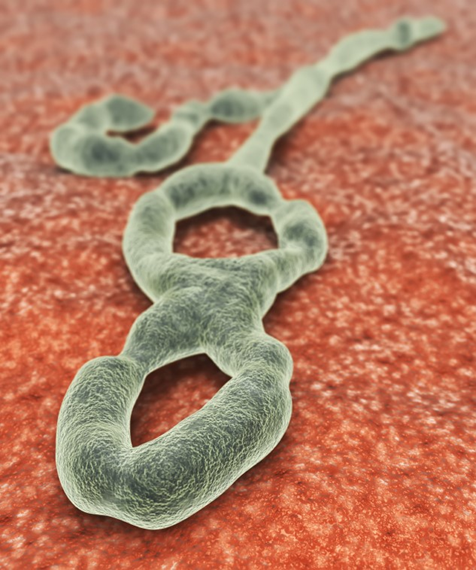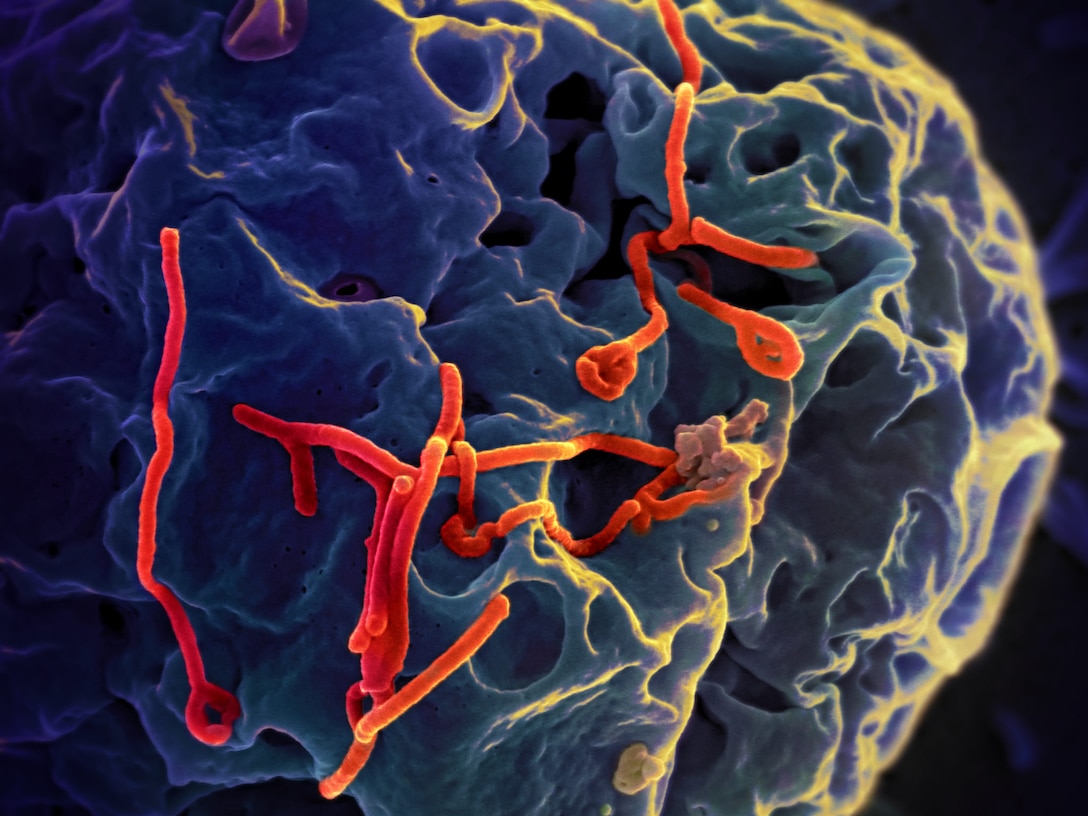Understanding Ebola: Recognizing the Signs and Symptoms of a Deadly Disease
Table of Contents
- A History of Ebola in 24 Outbreaks - The New York Times
- Ebola airport checks expand; nurses get training - FOMAT
- 2014 Ebola Outbreak // Frequently Asked Questions | Invisible Children
- 6 Things You Might Not Know About Ebola | Mental Floss
- Breakthrough in rapid, mass screening for the Ebola virus
- Enfermedad por el Virus de Ebola – Julio 2019 – CVOED – Centro virtual ...
- ASLM Ebola Outbreak: Laboratory Workers as Key Partners
- This scanning electron micrograph shows Ebola virus budding from the ...
- U.Va. Team Identifies, Maps Unique Structure Within Deadly Ebola Virus ...
- Ebola Virus: Lessons from a Unique Survivor – NIH Director's Blog



What is Ebola?



Signs and Symptoms of Ebola



Recognizing the Stages of Ebola
Ebola progresses through several stages, including: 1. Incubation Period: The time between exposure to the virus and the onset of symptoms, which can range from 2-21 days. 2. Early Stage: The initial stage of the disease, characterized by fever, vomiting, and diarrhea. 3. Advanced Stage: The later stage of the disease, marked by severe bleeding, organ failure, and shock.
Prevention and Treatment
Preventing Ebola requires avoiding direct contact with infected bodily fluids and following proper infection control protocols. Treatment for Ebola typically involves supportive care, such as fluid replacement, oxygen therapy, and management of bleeding and other complications. Experimental treatments, including vaccines and medications, are also being developed and tested. Ebola is a serious and potentially deadly disease that requires prompt recognition and medical attention. By understanding the signs and symptoms of Ebola, individuals can take steps to protect themselves and their loved ones from the disease. The CDC and other global health organizations continue to work tirelessly to combat Ebola, and it is essential that we remain informed and vigilant in the face of this public health threat. If you suspect that you or someone you know may have been exposed to Ebola, seek medical attention immediately.For more information on Ebola, visit the CDC website. Stay informed, stay safe.